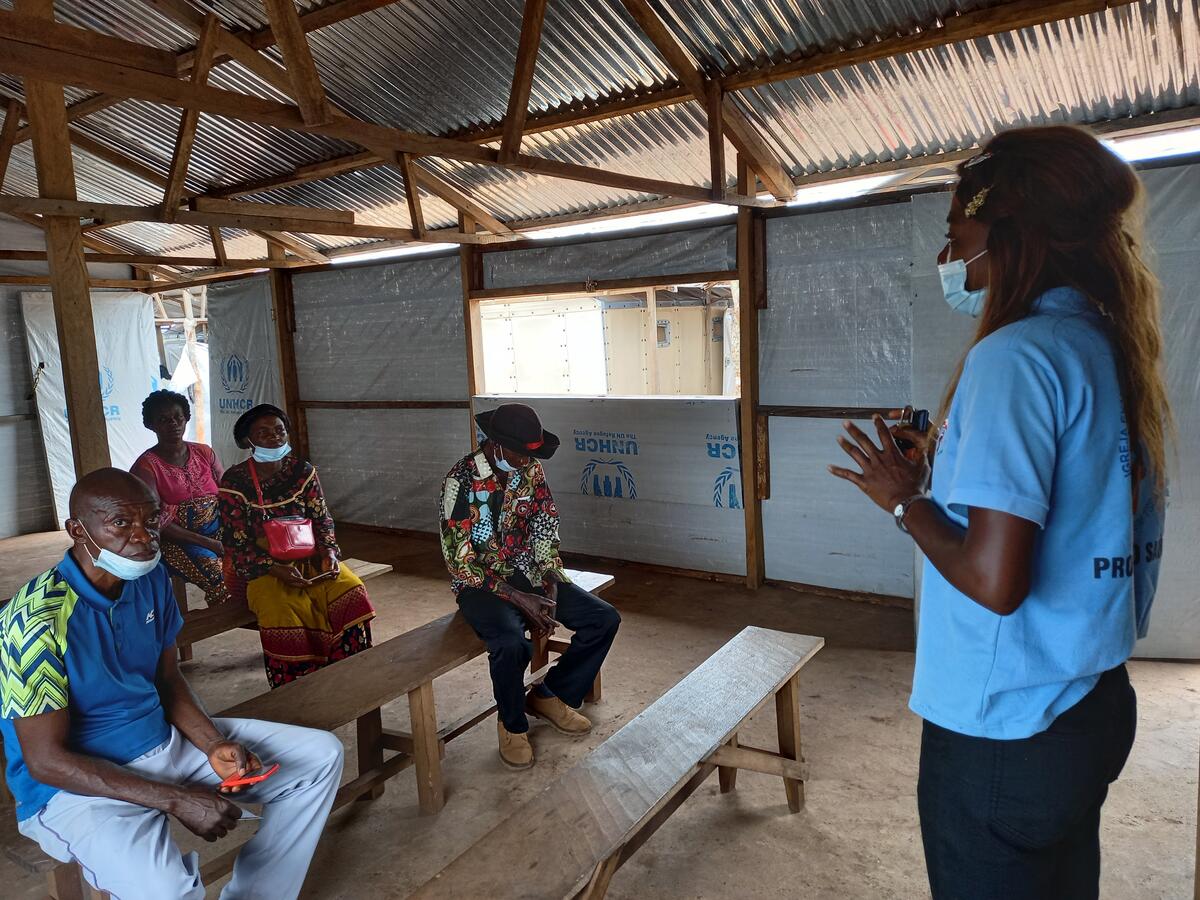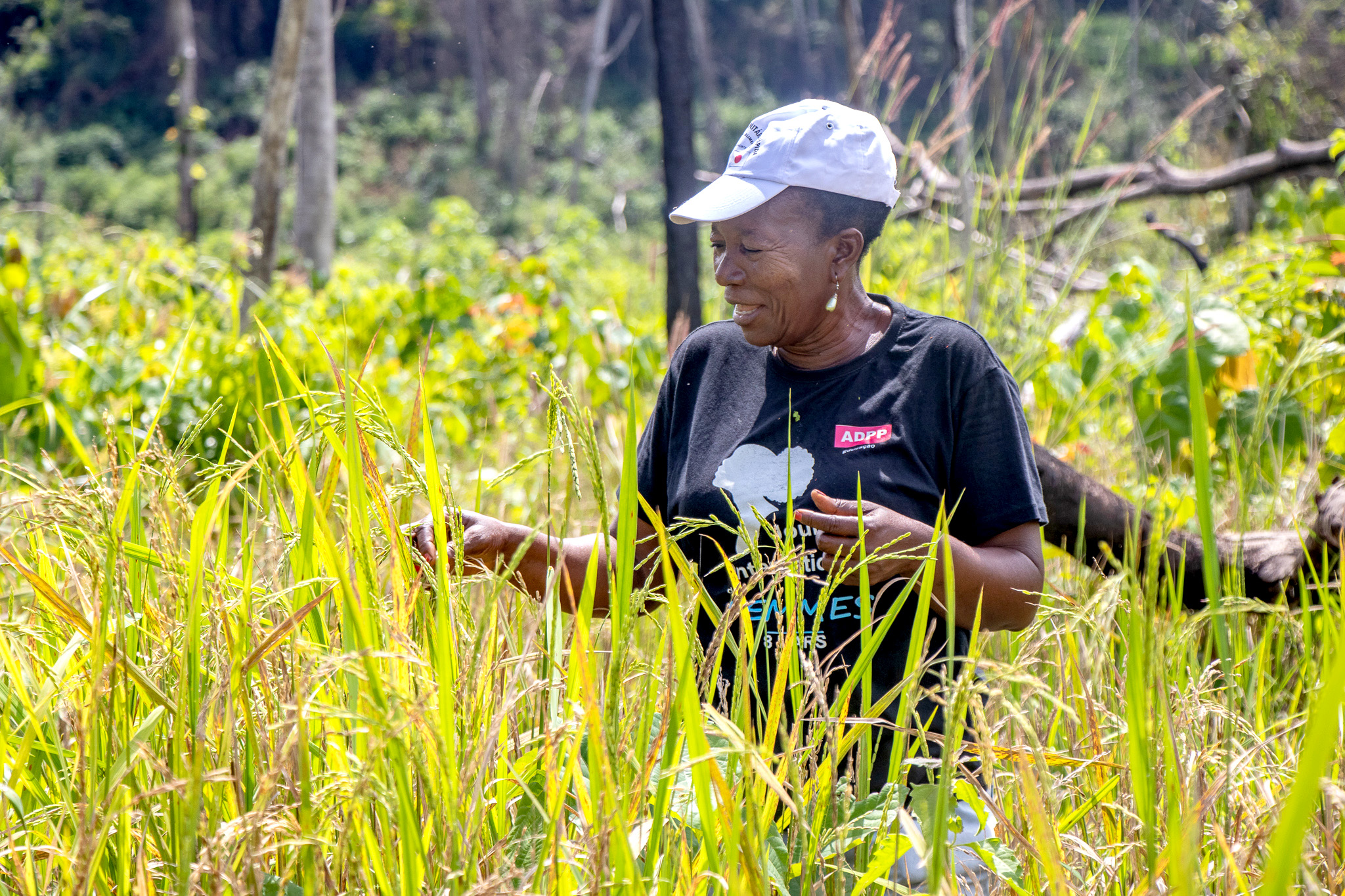Angola: Donors' conference next week on sustainable reintegration
Angola: Donors' conference next week on sustainable reintegration
A meeting next Monday (27 March) in Luanda, the capital of Angola will be a watershed in efforts to ensure that development plans incorporate the needs of the thousands of former Angolan refugees who have returned home since peace was established in 2002. This the first time the Angolan government has declared the reintegration of returnees in their home areas is a formal goal. The government has told donors, who will be at the meeting, that it also wants them to focus on the needs in return areas - most of them poor and isolated regions - in their own assistance plans.
The one-day meeting centred on the Sustainable Reintegration Initiative will include eight key ministries of the government, vice-governors of the four provinces of concern and representatives of 20 governments, including all key donor nations. It will also include all UN agencies, the World Bank, the African Development Bank and representatives of major oil companies operating in Angola.
UNHCR has led the way in this process, playing a catalytic role in ensuring that the reintegration needs of returning Angolans are met. While our role is to encourage the involvement of the Angolan government and other aid or humanitarian agencies in improving conditions in the areas of return, UNHCR is also committing some US$10 million to support the programme this year. Assistance will continue next year but, as UNHCR is not a development agency, the goal is to ensure that the projects become sustainable through the participation of other bodies as the role of the UN refugee agency declines.
Under the Sustainable Reintegration Initiative, UNHCR has assisted a wide range of projects in the areas to which refugees have returned. This has included building women's centres, rehabilitating schools and providing vocational training. The needs are extreme after 27 years of war. When the peace agreement was signed, there were an estimated 457,000 Angolans living as refugees outside the borders, mainly in Zambia and the Democratic Republic of the Congo. Since then more than 360,000 are estimated to have come home, including 123,000 brought by UNHCR, 89,000 who came on their own but received UNHCR assistance on arrival and a further 149,000 who repatriated without any UN help.








